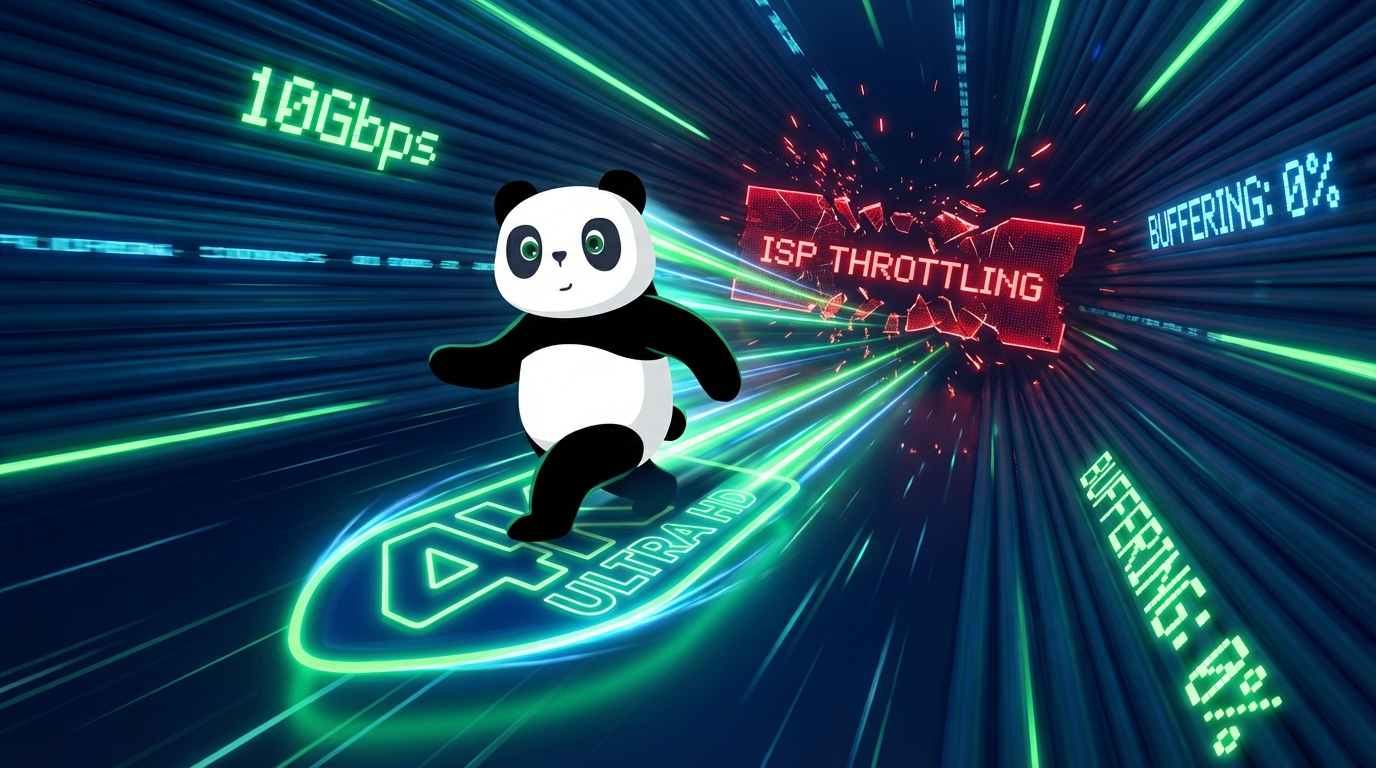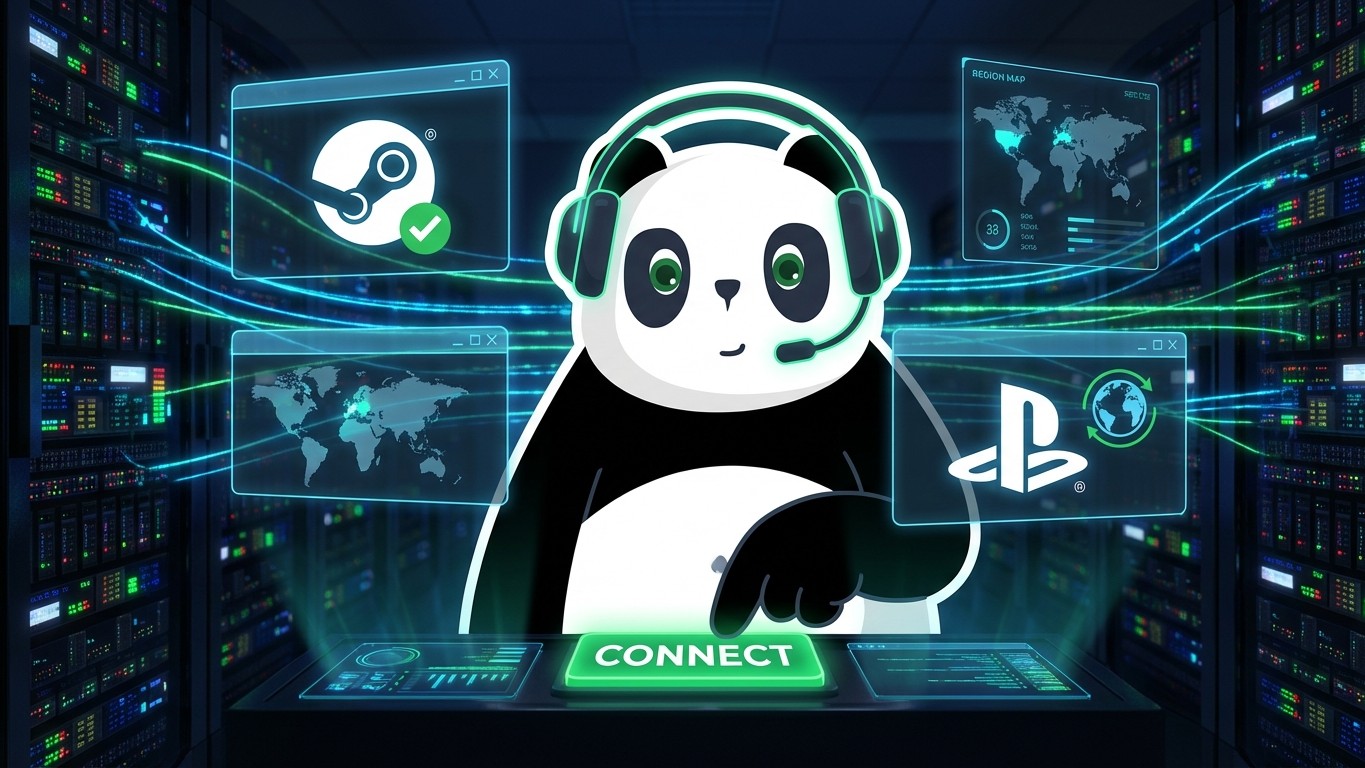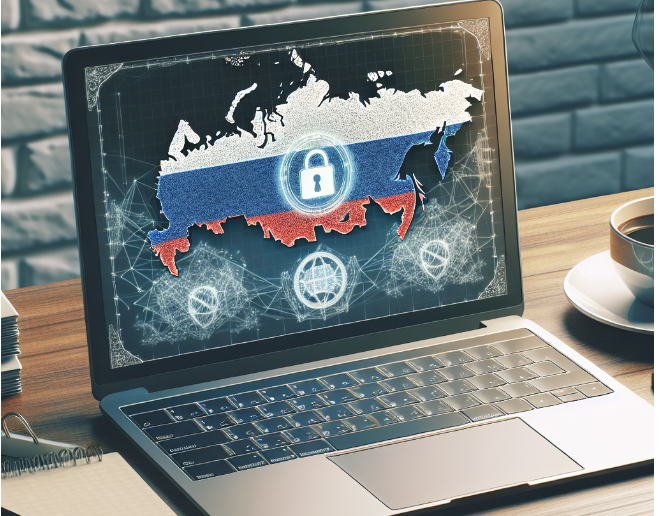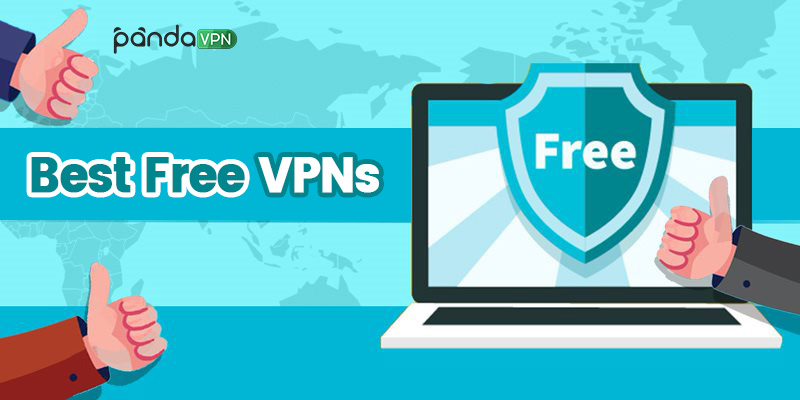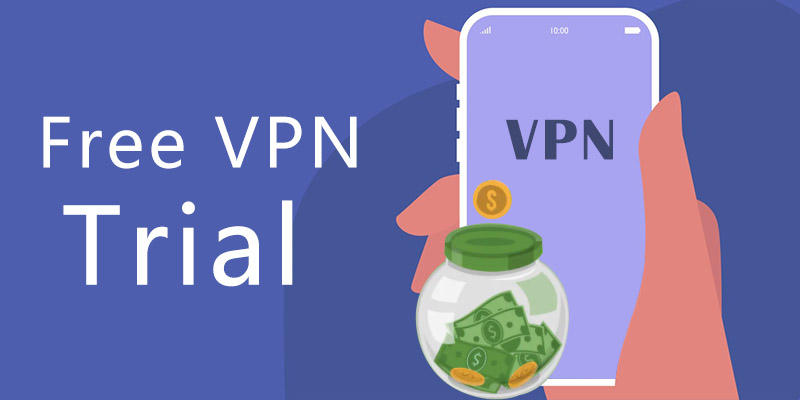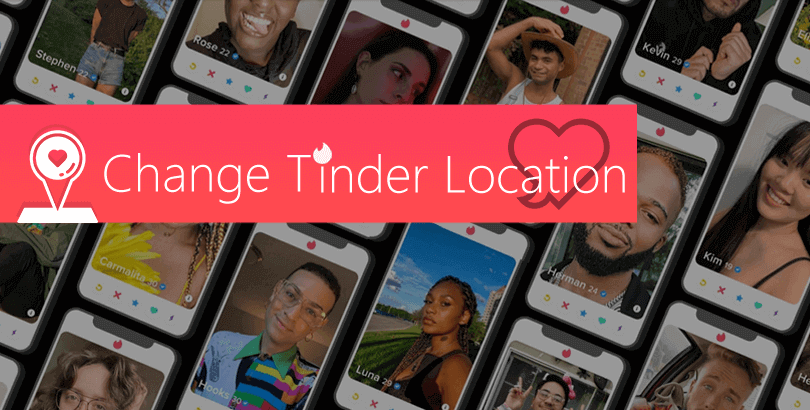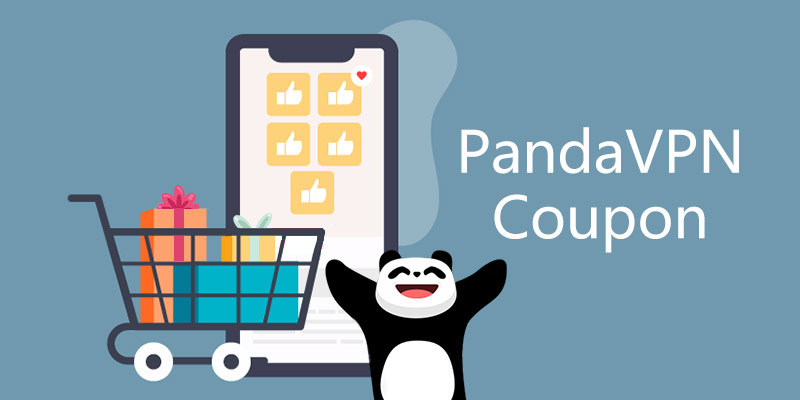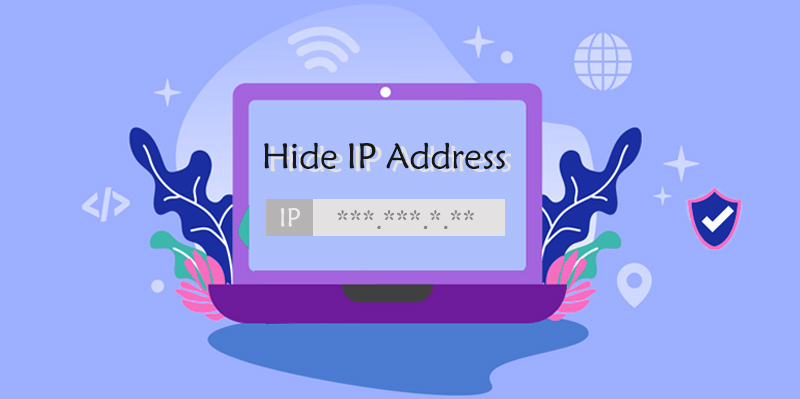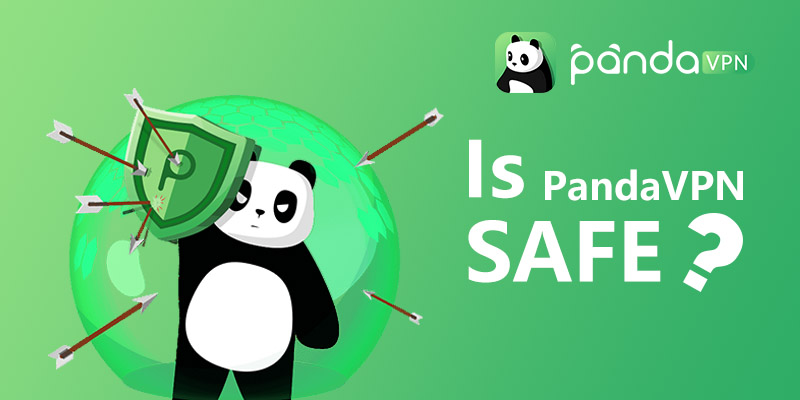Why Use VPN? There Are 10 Reasons to Use a VPN Explained
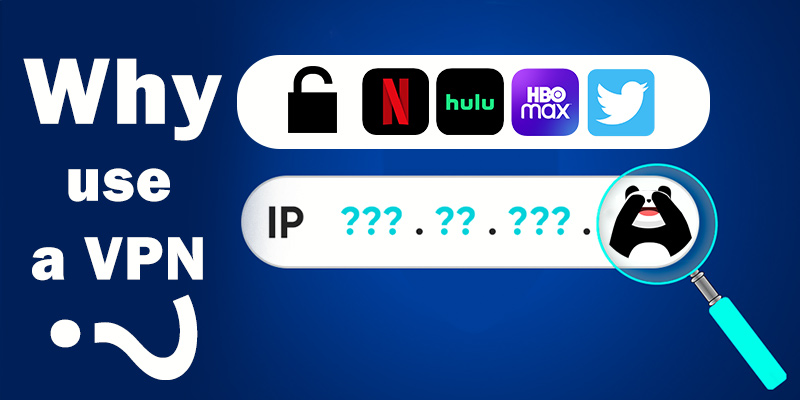
Why use a VPN? Most beginners wonder about this question in their heads. While offering big convenience, the Internet also brings some drawbacks. One of them is the frequent occurrence of data breaches. Our online privacy is under constant threat. That’s why more and more people are using a VPN. We will explain in detail below. Just keep reading.

1. To Protect Your Privacy from ISP
Internet Service Providers (ISPs) like Comcast, Spectrum, Verizon, or other companies who you pay for Internet access each month are keeping track of everything you do online. They have access to which websites you visit, the content you browse, how long you spend on them, and your geographic location.
This data is collected and sold to advertisers, which is one of the revenue streams for ISPs. What’s more, your browsing logs are accessible by outside organizations, such as the police department or other government agencies.
A VPN can protect you from tracking by your ISP. With a VPN, you can surf the internet totally anonymously. Your ISP can notice you are using a VPN but can’t break the encryption and see your online activities.
2. To Secure Your Privacy from the Apps You Use
Most apps and internet services you use are stealing your privacy. The biggest trap is the cookie request when you are browsing a site. Once you agree to accept them, your every move on this site can be tracked.
Some apps collect your data to offer their users a better experience. And of course, the final goal is to increase their sales. There are also some sites and services stealing your data and selling them to third parties.
That’s definitely an invasion of personal privacy! Most notably, Facebook has been called out for the way they use the data of their users. Using a VPN allows you to limit their collection of your online privacy.
See Also: 6 Tips to Stop App Tracking >
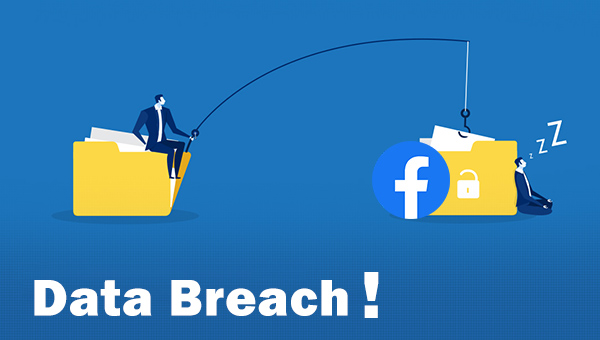
3. To Shield Your Privacy from the Government
Network surveillance is widespread. The vast majority of surveillance involves the monitoring of personal data and traffic on the Internet. That is to say, the government can collect your internet search history without your permission.
A VPN can separate your location from your data. With a VPN connecting, your actual IP address is hidden. What the Government agencies monitor is one of the alternative addresses offered by your VPN service provider.
4. To Get a Safe Public Wi-Fi Connection
Free public Wi-Fi at airports, cafés, convenience stores, or hotels is useful, but there are potential dangers that threaten your privacy. For example, hackers usually hide in the shadows waiting for a chance to steal your personal information and browsing history. They then sell this data to advertisers or dark sites to make a profit.
Except for hackers, many businesses and third-party services also have a great interest in your online browsing habits. Data is valuable today. They collect your privacy and then cast ads based on your needs.
VPNs use strong encryption algorithms to code your data, making it unreadable for outside attacks. Connecting to a VPN, you can protect yourself from the hidden threats in a Wi-Fi environment. Your emails, account passwords, banking information, online activities, etc., will be safe and sound.
5. To Ensure the Security for Remote Work
The global outbreak of the COVID-19 epidemic since 2020 has kept people home, and remote work has become a trend. That’s another reason for large companies to invest in a VPN. Even after the pandemic ends, employees on business trips need a private network as well.
A site-to-site VPN can offer a private network for employees in different places of a company to connect. In the state of VPN connection, the transmissions of data are encrypted. Hackers or other outside attackers have no access to your companies’ confidential files and data.
6. To Access the Restricted Content from Anywhere
Due to the copyright and geographical restrictions, mainstream streaming platforms such as Netflix, HBO, and Hulu will limit their services to subscribers located in different regions. For example, the HBO Max streaming services are only available in the United States. Netflix restricts visits to certain content based on visitors’ location.
See Also: How to Watch HBO Max Outside the US? >
A VPN enables you to get IP addresses in countries or regions that have access to the restricted content. What you need to do is select a VPN server to connect. Switching servers relocates your IP address. And then you can access the content you like from anywhere.
7. To Secure Online Shopping
Nowadays, you can buy everything online. However, there are so many eyes spying on you and waiting to steal your privacy. Make sure to keep an eye on the sites or apps you visit.
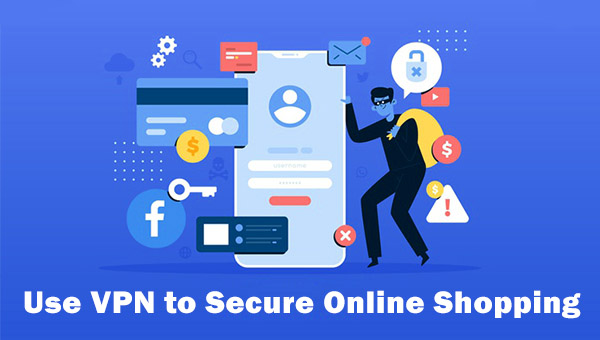
Refusing the cookie requests can somehow avoid them tracking your every click. Never type into your personal data and credit card information on websites with an “HTTPS” or a lock icon in the address bar. That means the sites have security protocols in place to protect your privacy.
But don’t trust those sites too much. After all, even Facebook collects users’ private data. And worse yet, they lost it. A VPN is a reliable way to add some extra encryption. Through a VPN, your connections will be encrypted.
8. To Get Better Shopping Deals
Online shops will change their prices depending on your location. That’s why the same item often has a different price in different countries or regions. Also, when you shop online for airfare booking, hotel reservations, or car rental, the websites you visit will track your activity and increase the prices on your next visits.
With a VPN, you can hide your actual IP address by switching servers. A VPN lets you alter your location to different destinations. This way allows you to compare prices and find the cheapest price.
9. To Download and Share Torrents
Torrent sites may be risky, where cybercriminals mask in the dark to track your IP address and snoop your internet connection. And there is a truth that ISP will throttle BitTorrent and make it slow.
A VPN can hide your IP address and encrypt your online data. This way, you can visit torrent sites and download files anonymously. Beyond that, you can get a faster speed for torrents downloading and sharing.
See Also: Is torrenting illegal?>
10. A VPN Offers Compatibility with Multiple Devices
Most paid VPNs are compatible with multiple devices, covering your smartphones, tablets and desktop computers, and even smart TVs, routers and gaming consoles. How many simultaneous connections a VPN allows varies from service to service, but you can choose one that best suits your needs.
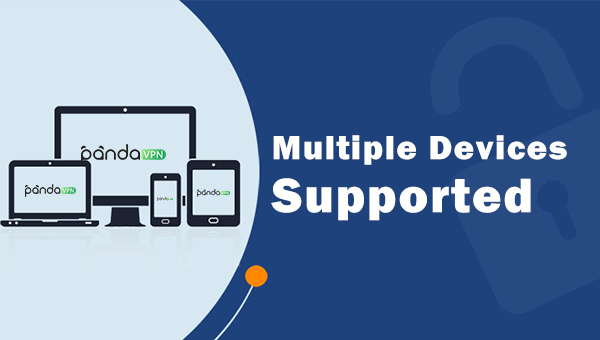
Based in Seychelles, PandaVPN supports various platforms, including iOS, Android, macOS, Windows, Linux, Android TV, and more. It can keep you safe on multiple devices.
Conclusion
Why use a VPN? If you care much about your online data privacy, a VPN is a must-have. Besides that, there are many other good reasons to use a VPN.
VPNs offer encrypted connections when you are using public Wi-Fi or working remotely. With the ability to bypass restrictions in different countries, VPNs enable you to access restricted content like Netflix, HBO, or Hulu from anywhere. Besides, shopping and torrent downloading with a VPN prove to be much safer.
 Tony Bennett
Tony Bennett  2021.09.16
2021.09.16 